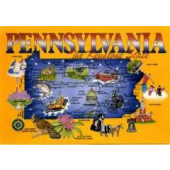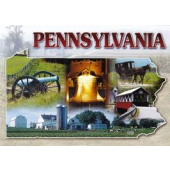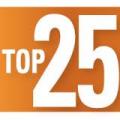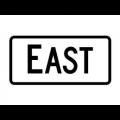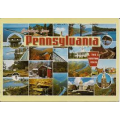Pennsylvania
What you need to know about becoming a Pharmacy Technician in Pennsylvania, including Pennsylvania licensing and training requirements, schools & colleges offering pharmacy technician programs and employment and salary trends for pharmacy techs in Pennsylvania (PA).

